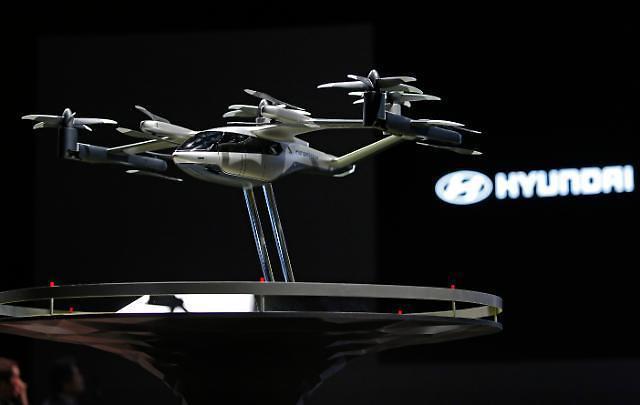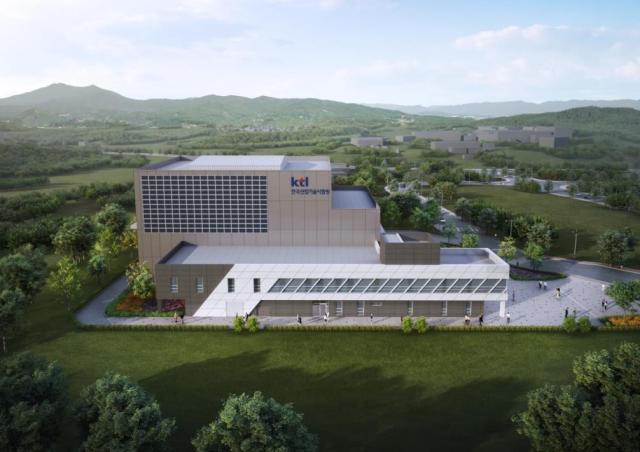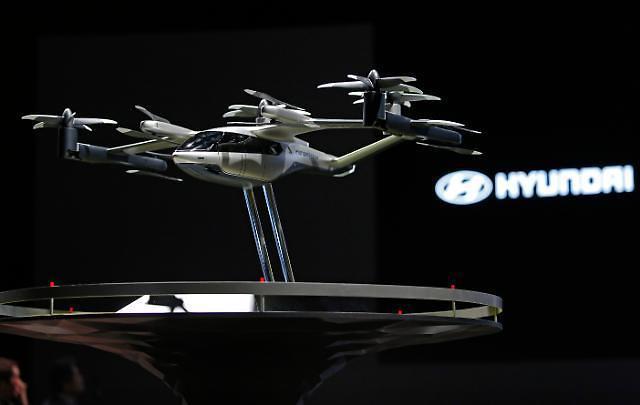
SEOUL, April 24 (AJU PRESS) - A Korean consortium said Wednesday it has successfully demonstrated the integrated operation of urban air mobility (UAM) systems, marking progress in the nation’s plan to commercialize flying taxis by 2025.
The K-UAM One Team, consisting of Hyundai Motor, KT, Korean Air, Incheon International Airport Corporation, and Hyundai E&C, conducted the test involving aircraft flight, safety, operational systems and traffic management, in an aviation test center in the southern county of Goheung for five weeks from March 11.
The consortium successfully verified the integrated operation of the electric vertical take-off and landing (eVTOL) vehicles, the UAM operation management system and the 5G communication-based aerial navigation network for the first time in the world, according to KT, Korea's biggest telecom service provider.
The demonstration focused on the verification of interlinked systems through scenarios developed by KT, which simulate various situations, including ordinary flight operations, collisions, communication blackouts and aerial traffic congestions.
The K-UAM team also demonstrated real-time kinematic global navigation satellite system (RTK-GNSS) technology, a 5G-based highly accurate navigation system, that can locate the position of flying vehicles with centimeter-level accuracy.
RTK-GNSS is a key component of real-time UAM operation management, enabling the control tower to effectively manage aerial traffic. According to Hong Hae-chun, the Director of KT's Technology Innovation Division Service Tech Lab, the telecom company will continue to enhance the integrated UAM management system to verify its safety and ensure successful commercialization.
UAM is infrastructure for commercial flying passenger vehicles that includes vertiports and control towers. Aerial vehicles are required to fly through designated aerial corridors to prevent accidents and enhance pedestrian safety on the ground. Vertiports will be placed in safe locations such as rooftops.
Korea aims to commercialize manned drone taxis by 2025. The adoption of remote-controlled vehicles will take place in 2030, and a fully autonomous service will be in place by 2035. A safety manager will board each flying vehicle until pilots are no longer needed.


![[MWC 24] KT showcases virtual flying passenger vehicle platform at Barcelonas mobile device exhibition](https://image.ajunews.com/content/image/2024/02/26/20240226172241594091.jpg)

